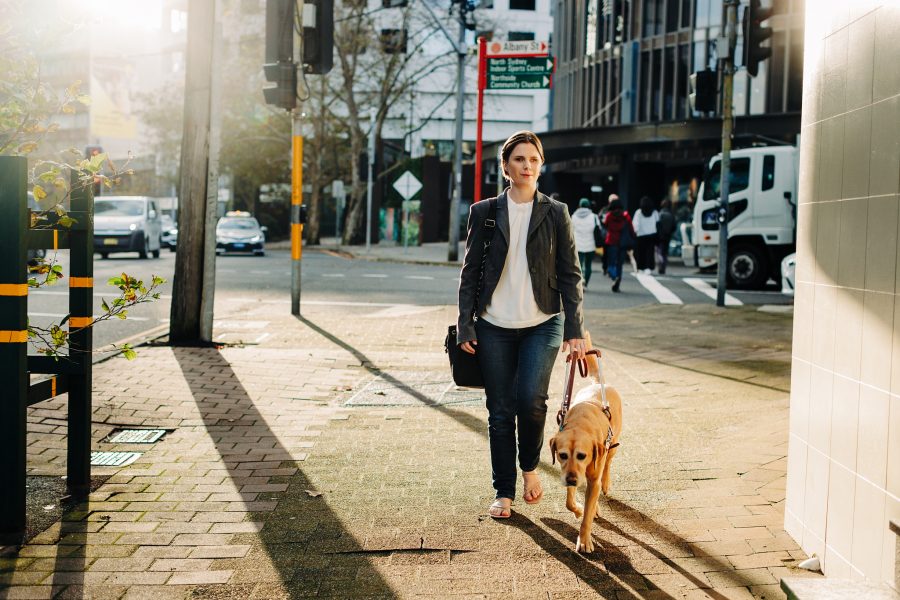At Basic Rights Queensland, we know how much assistance animals can change lives. They provide independence, confidence, and connection for people with disability—supporting not just physical tasks, but emotional wellbeing, social participation and safety.
But too often, people who rely on assistance animals face discrimination, refusal of entry, or are forced to defend their rights again and again. And the problem isn’t just ignorance—it’s a broken system of inconsistent laws and unclear protections across Australia.
Now, there’s an opportunity to change that.
The Australian Government is seeking feedback on draft National Principles for the Regulation of Assistance Animals. These draft principles aim to bring consistency to how assistance animals are trained, accredited, recognised and supported—no matter where in Australia a person lives or travels.
What our research says: the lived experience in Queensland
We’ve partnered with student researchers from the University of Queensland to explore the lived experiences of assistance dog handlers. They interviewed fifteen people across Queensland—people living with disability who are currently partnered with, or seeking to be partnered with, an assistance dog. What they told us was powerful, and in some cases, confronting.
People spoke of navigating confusing laws, being asked to “prove” their disability, and the stress of being denied entry to shops, buses and even taxis. One participant explained:
The Australian laws are really so complicated. It’s so hard.
Others spoke of being forced to justify their assistance animal’s legitimacy over and over again. For people with invisible disabilities, the experience could be even more confronting:
By having an assistance dog, my invisible disability becomes visible—and then I have to defend myself.
The current system forces many handlers to navigate overlapping definitions under the federal Disability Discrimination Act and Queensland’s Guide, Hearing and Assistance Dogs Act. While it’s possible for an assistance animal to meet both sets of criteria, in our experience the DDA’s definition—covering animals that are trained but not formally accredited—is often the most misunderstood and contested. The lack of clarity and national consistency creates a legal ‘grey zone’ that leaves too many people unsure of their rights—and vulnerable to discrimination.
National principles are a step forward—but they must be shaped by the people most affected
We welcome the draft National Principles—particularly the proposals for:
- a national Public Access Test,
- a standardised ID card,
- consistent evidence requirements, and
- recognition of animal welfare throughout their working life.
But the principles will only work if they are grounded in real experience.
People with disability and assistance animals must not be an afterthought. Their voices should be central to shaping this reform—not just consulted, but heard and acted on.
What we’re calling for
- Nationally consistent laws and recognition: People with disability shouldn’t lose their rights at a state border. We need uniform national and state recognition of assistance animals—regardless of where or how they were trained.
- Simplified and inclusive accreditation pathways: Accreditation should be clear, accessible, and nationally recognised. That means supporting both established providers and diverse, community-based training options that aren’t cost prohibitive.
- Positive duties to prevent discrimination: It’s not enough to respond after someone is denied entry or treated unfairly. Governments, services and businesses have a positive duty to make sure people with assistance animals are welcomed—not excluded.
- Public education to challenge stigma and improve awareness: Misunderstanding and outdated attitudes remain widespread. National education efforts are needed to increase public understanding of assistance animals, invisible disabilities, and legal rights.
Have your say
We encourage everyone with lived or professional experience of assistance animals to make a submission. The consultation is open until 1 June 2025, and you can share your views via the DSS Engage website.
Because everyone deserves to participate in our communities—without fear of being denied, questioned, or left out.
Let’s build a system that recognises the value of assistance animals, and the dignity of the people they support.

